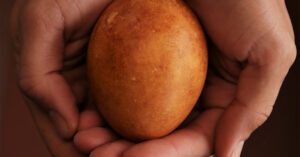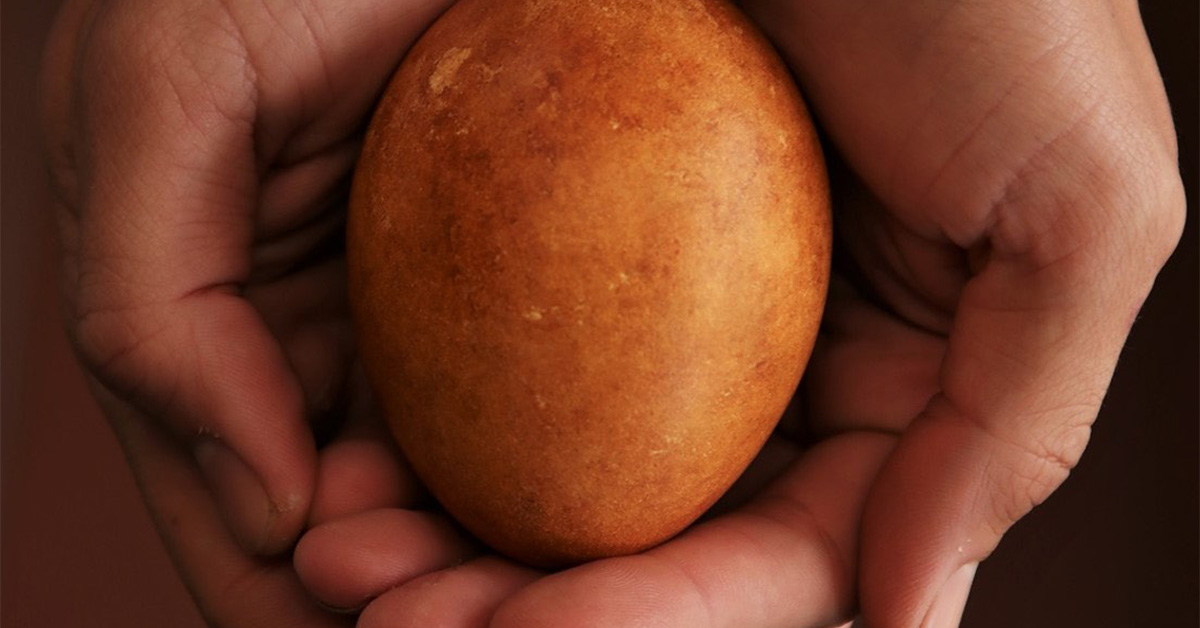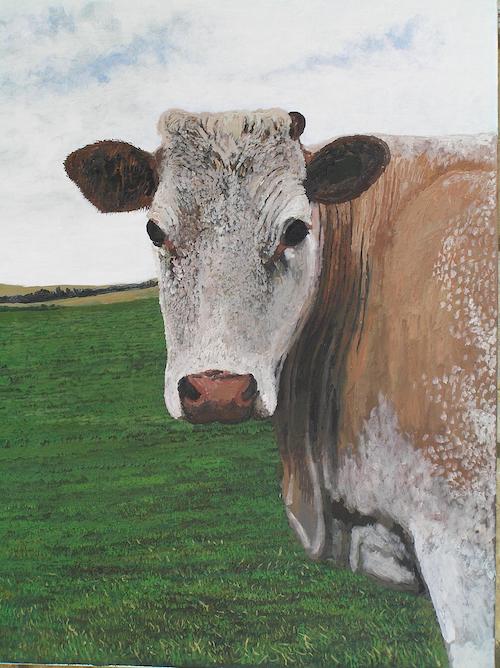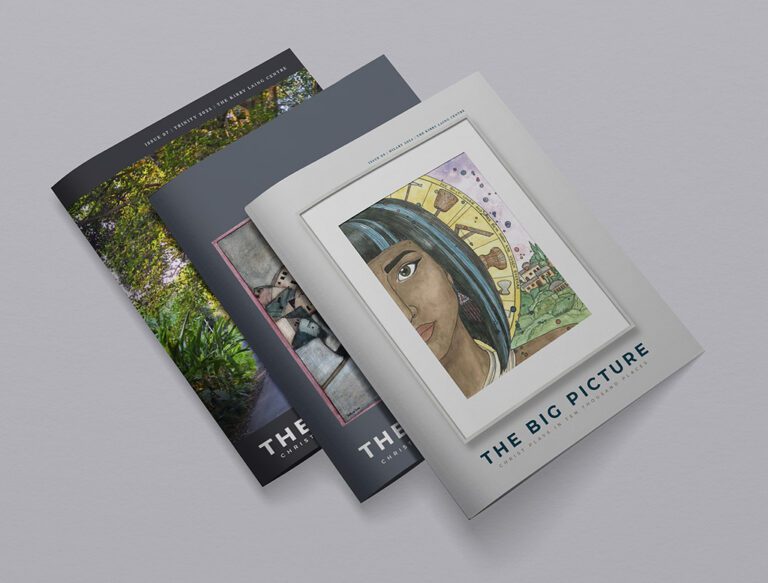

Craig G. Barthlomew is the Director of the Kirby Laing Centre for Public Theology in Cambridge.
We all know the story of Jonah, but, do you know how it ends? With two profound words in the Hebrew, namely “and many beasts/animals/cattle.” God’s reason for compassion – there is a play on the word סוּח (to have compassion) in Jonah 4:9–12 – is the many ignorant Ninevites and the many animals. Unlike Jonah, we are called to be compassionate like God, and it is instructive that his compassion extends to all of his creation, including our fellow creatures.
During the pandemic many of us found nature a source of solace and nurture. I watched many episodes of The Dodo on YouTube, which tells the fascinating stories of human-animal interaction. I also found my small garden a blessing and not least the pair of blackbirds who each year bring their newborn to spend many days in the protection of the borders of my garden, often rushing out to receive a worm from one of their parents. Nature bears the imprint of its maker, and thus, not surprisingly, it can be nurturing.
However, there is a deliberate double entendre in our theme for this edition of The Big Picture. Just as nature nurtures us, so we too are called to nurture nature. Being granted rule or dominion over the creatures (Genesis 1:28) is not a pretext for exploitation and plunder, but a call to relate to our fellow creatures as does God, namely with compassion.
Intriguingly, animals may have been among the first witnesses to the birth of Jesus, bearing in mind that he was placed by Mary in a manger, a trough for animals (Luke 2:7). It is the doctrine of creation which alerts us to the place of humans, all other creatures, and the environment, in God’s economy. Karl Barth was ahead of his time in recognising this:
“man is certainly not His [God’s] only creation. Man is only a creature and not the creature. The creature of God is the totality, the whole cosmos of the reality posited by Him and distinct from Him, in the plenitude of which man is only a component part, very inconsiderable in some important ways and deeply dependent on creaturely elements and factors which are greatly superior to him.… Besides man there are other creatures posited by God and distinct from God, with their own dignity and right, and enveloped in the secret of their own relation to their Creator. Man is a creature in the midst of others which were directly created by God and exist independently of man.” (CD 3.2, 3–4)
Barth anticipates recent concerns with animal rights in his assertion that slaughterhouses should have written over their entrances, in fiery letters, Paul’s reference to the whole creation groaning in anticipation of its redemption (Rom 8:22). Groaning is an appropriate metaphor for the way in which so many animals are exploited in the food chains of our cultures. In the West our major concern is that food should be plentiful, cheap and pristine, with little thought about how it got to us. If we are to be like God, then such an approach is unacceptable. As possible, we need to know where our food comes from and that animals are well treated and humanely slaughtered. The next edition of TBP will focus on food and this topic will be addressed there.
Humans are unique amidst God’s creatures. This brings power but also responsibility, and responsibility, not least, for the well-being of our fellow creatures. They are not human, but they are sentient, and as we nurture them we will be surprised, and ourselves nurtured, by their response.


Get the latest issue in print or subscribe for the next three.
The Kirby Laing Centre for Public Theology in Cambridge. Charity registered in England and Wales. Charity Number: 1191741
Kirby Laing Centre, Office 1, Unit 6, The New Mill House, Chesterton Mill, French’s Road, Cambridge, CB4 3NP
© 2025 The Kirby Laing Centre for Public Theology in Cambridge